On the first day of the conference, sessions were held under the title “New Dynamics of Global Competition and Strategies of Turkish Steel Producers.” The opening presentation for these sessions was delivered by SteelRadar’s General Manager, Cem Öztüre, with a talk titled “An Overview of Global Steel Markets.”
Öztüre began his presentation by stating: “The OECD forecasts that the global steel overcapacity will reach 721 million tons by 2027. The European steel industry is under immense financial pressure due to rising energy costs, high labor expenses, and additional investments required for carbon emissions.”
Highlighting Europe’s current production and trade balance, Öztüre noted: “Europe exports 16 million tons. Germany alone produces 37 million tons, while Italy’s production stands at around 20 million tons. On the other hand, Europe imports a total of 27 million tons. Countries such as Spain, Italy, and Germany largely carry out their import and export activities through intra-European trade.”
Referring to Italy’s steel production structure, Öztüre stated: “Today, 90% of Italy’s production is carried out through electric arc furnaces (EAFs). This increases dependence on scrap. However, as scrap demand continues to grow, supply will fall short.”
He went on to say that Germany and Italy are struggling to survive with high-value-added products: “Blast oxygen furnace (BOF) and blast furnace operators producing from ore are forced to take costly measures against environmental pollution. European producers are investing in transitioning to EAFs as much as possible. However, mothballing blast furnaces and the costs of transformation are extremely high.”
Öztüre continued: “With the increasing number of EAFs, Europe’s demand for scrap will change, and scrap exports will decrease. This will affect crude steel producers, especially Türkiye. Türkiye is among the countries importing the most scrap from Europe. If Türkiye cannot secure cheap scrap, it may lose its competitiveness in exports. In such a scenario, the demand for billet and slab will rise, leading to price increases.”
In his presentation, Öztüre also shared tables with participants detailing the EU’s steel import and export partners, Germany and Italy’s trade balances, EAF and BOF usage rates in Europe, and EAF/BOF usage data worldwide. He additionally covered sectoral figures such as Türkiye’s scrap and billet imports and the UK’s scrap exports.
Emphasizing that Türkiye is set to face challenges in securing scrap, Öztüre concluded: “European recycling companies want scrap to remain within their domestic markets; otherwise, they would be forced to sell at very low prices and be unable to release certain qualities to the market. For this reason, the imposition of additional taxes poses a serious risk, particularly for crude steel producers such as Türkiye.”
Participants followed the presentation closely with the aid of charts and visuals, which once again highlighted both the challenges facing the European steel market and Türkiye’s strategic importance in the sector.
Cem Öztüre assessed the global steel market at the Metal Expo conference
Metal Expo 2025 opened its doors at the Istanbul Expo Center. Organized by Sky Fuarcılık with SteelRadar as the event partner, the fair began with the opening speeches of the conference.
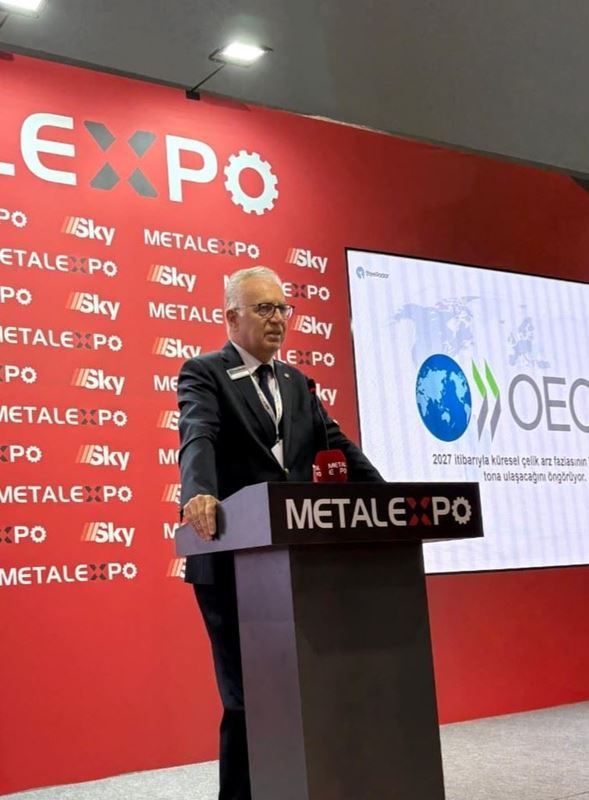


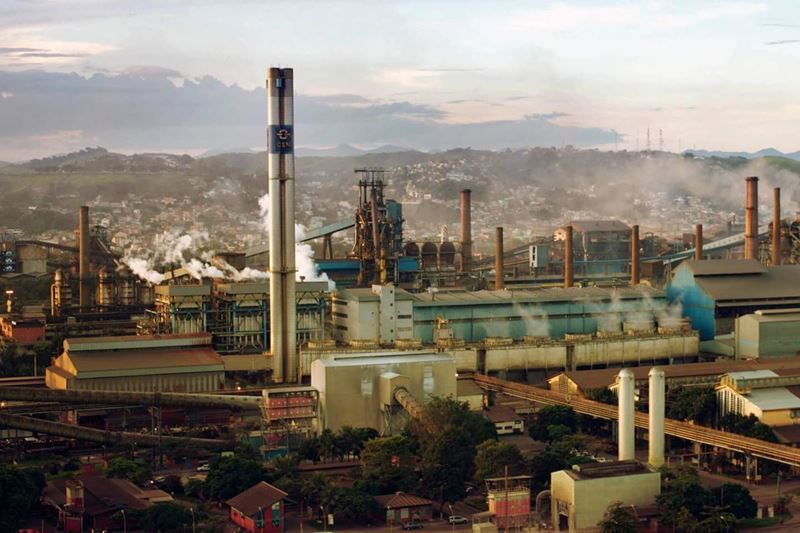
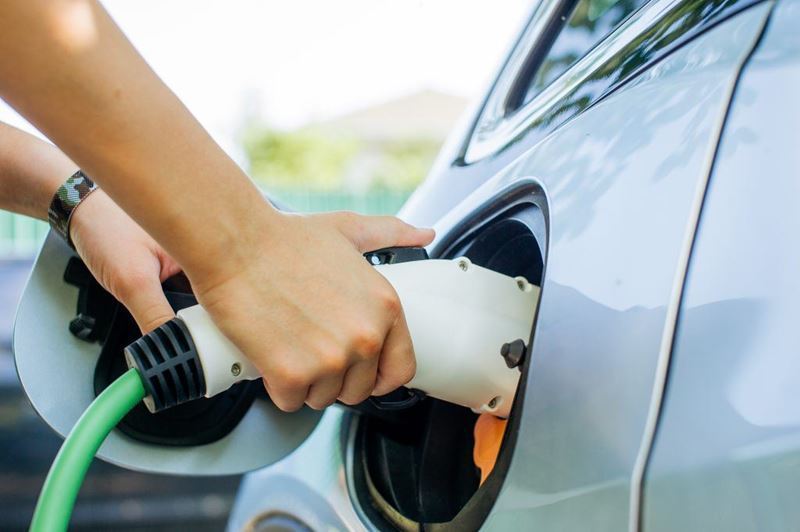
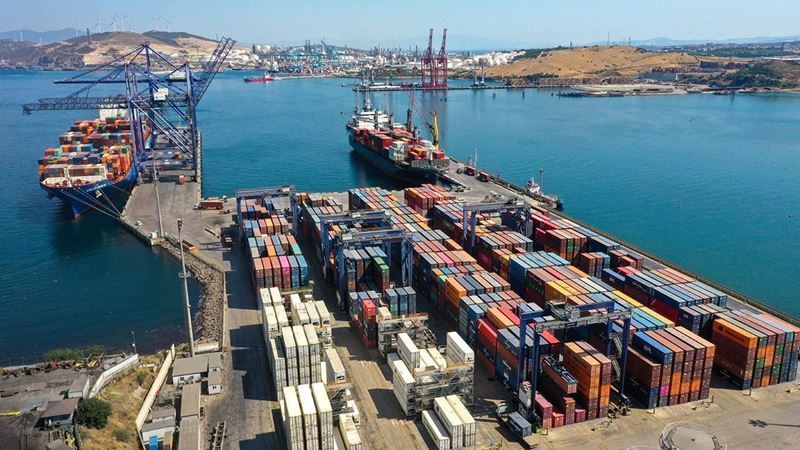
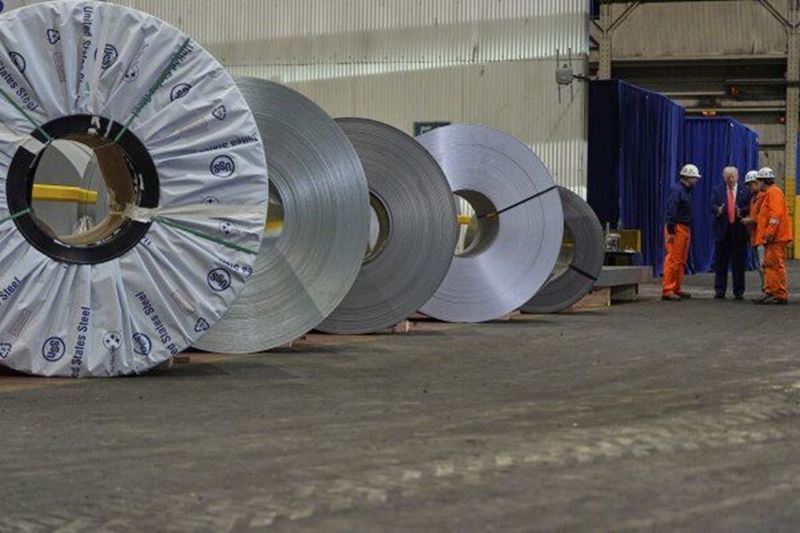
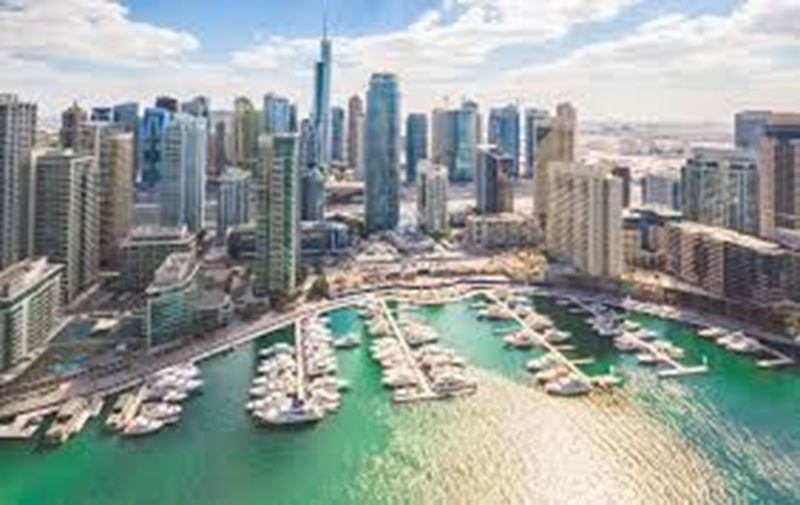


Comments
No comment yet.